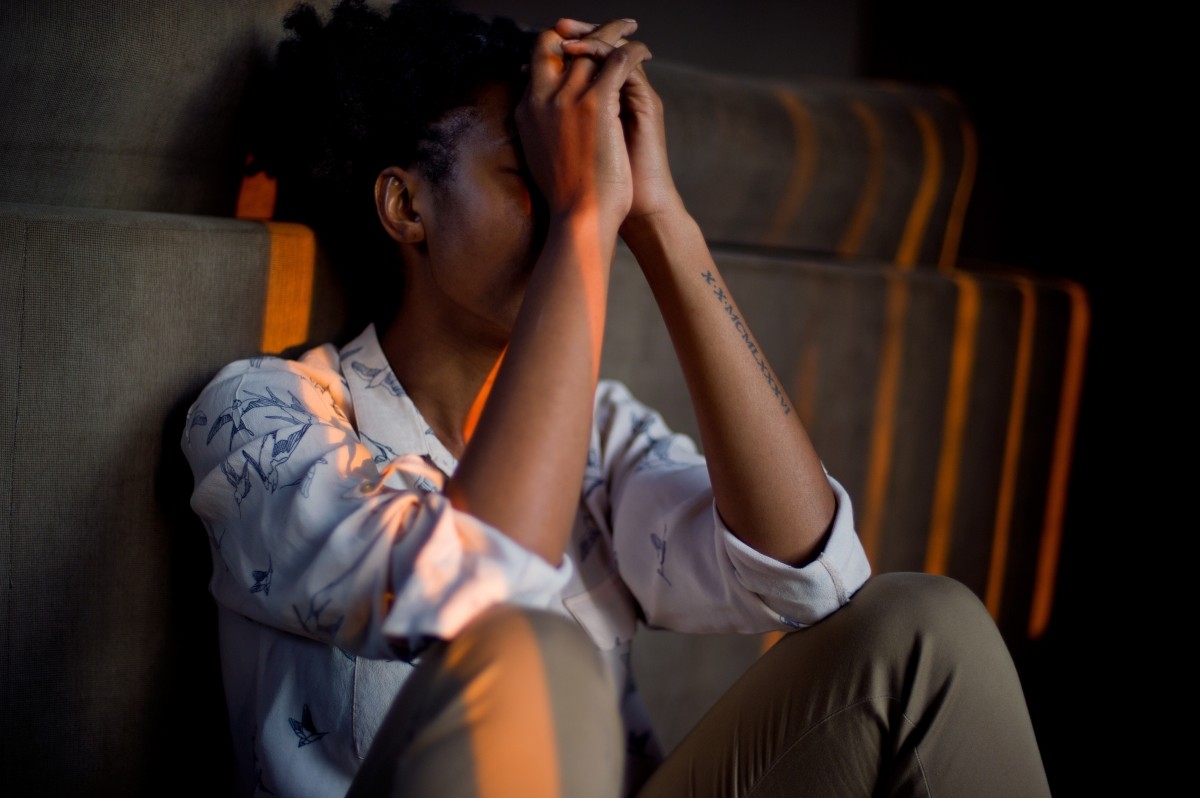 More people report they are feeling lonely, depressed and even harboring thoughts of suicide as COVID-19 cases in the United States soar. And those who are chafing under lockdown or other stay-at-home restrictions appear to be at the greatest risk, according to a research letter published in the December issue of the journal Psychiatry Research.
More people report they are feeling lonely, depressed and even harboring thoughts of suicide as COVID-19 cases in the United States soar. And those who are chafing under lockdown or other stay-at-home restrictions appear to be at the greatest risk, according to a research letter published in the December issue of the journal Psychiatry Research.
"Our society is becoming lonelier the longer the pandemic continues, which will likely lead to increased mental health issues in the near future," said the letter's author, William Killgore, director of the Social, Cognitive and Affective Neuroscience Lab at the University of Arizona in Tucson.
Between April and September 2020, his team conducted an online survey of about 6,200 U.S. adults. Roughly 1,000 participants answered questions about loneliness and their lockdown status each month.
By September, close to 65% of those who were locked down to reduce the spread of COVID-19 reported high levels of loneliness versus 48% of those who were living without such restrictions, the survey showed.
Higher levels of loneliness were associated with greater risk for depression and suicidal thoughts, the authors noted.
"We have to find a way to balance our ability to protect ourselves and others against the spread of the novel coronavirus, while also finding ways to maintain healthy emotional and social connections with others," Killgore said.
The findings held up regardless of respondents' age, gender and whether they had recently lost a job due to the pandemic, according to the report.
It's possible that factors other than stay-at-home orders, such as fear of the virus due to high local infection rates, may predispose a person to feeling lonely, the authors added.
The survey is ongoing.
"We continue to collect about 1,000 participants each month to monitor the ongoing psychological reaction to the pandemic," Killgore said.
Even before the pandemic, loneliness was a significant public health concern, he said.
"Loneliness has been associated with higher levels of anxiety, depression, perceived stress and suicide, as well as risk of heart disease, stroke, more frequent hospital visits and greater mortality from any cause," Killgore said. "Some have suggested that high loneliness may be riskier to long-term physical health than obesity."
Although vaccination for COVID-19 is under way, social distancing and face coverings will remain important for months to come. Now is not the time to start taking risks, Killgore stressed.
"For many people, prolonged stay-at-home restrictions may be leading to a form of social starvation and could lead them to engage in potentially risky decisions to be closer to others than they should be during the holiday season," he said.
Read the rest here.

